About
From 25 May to 27 May 2021, The Educational Partnerships for Innovation in Communities – Network (EPIC-N) hosted a virtual EPIC-Asia Workshop. The event brought together more than 70 representatives from various Asian countries, including Malaysia, Thailand, Philippines, Indonesia, Vietnam, Bangladesh, Nepal, Pakistan, India, Hong Kong, and Mainland China. The workshop was a collaborative forum for these representatives to engage in meaningful dialogue, share insights, and learn about implementing the EPIC Model programs across Asia.

Participants included representatives from local governments and universities. The event was supported by organizations from university, international, national, and local government sectors, as well as non-governmental groups, including EPIC-N, EPIC Africa, ICLEI Southeast Asia, ICLEI-Asia (South Asia), Institute for Global Environmental Strategies (IGES), Ministry of the Environment of Japan, START International, Urban Futures and Policy Research Cluster of Thammasat University, UN-Habitat, UN Development Programme (UNDP), the United Nations Environmental Programme (UNEP) and its Global Adaptation Network (GAN), UN Framework Convention on Climate Change (UNFCCC), and the US EPA Office of International Affairs.
“The EPIC Model, by its nature, is suitable to the entire world. The Asian extension is a natural addition to what we’ve accomplished elsewhere. We have gone to Africa and now Asia, we intend to continue to expand…” says Joel Rogers, EPIC-N Board Chair and Secretary. The EPIC-Asia Workshop not only highlighted the adaptability and relevance of the EPIC Model in various contexts but also marked a significant step in its global outreach. Enthusiastically received, it inspired participants to envision and work towards impactful changes. “This workshop made me more passionate and inspired by the many ideas to change the environment and the city in the future,” said a workshop participant from Chiang Mai, Thailand.
Highlights
Throughout the past year, our EPIC Asia programs have been pivotal in driving sustainable development initiatives across various organizations.
In Vietnam, a notable collaboration emerged between the Research Center for Rural Development at An Giang University – Vietnam National University of Ho Chi Minh City and the City of Long Xuyen. This partnership, focused on enhancing students’ learning experiences, aims to propel Long Xuyen’s master plan to become a “Smart Water City.”

In the Philippines, Professor Maria Ana Quimbo from the University of the Philippines Los Banos was central to the success of the 2023 International Conference on Sustainable Agri-vironment Education, Entrepreneurship, and Community Development (ICSAVED). This conference shed light on the transformative impact of the Industrial Revolution 4.0 in promoting borderless education for sustainable agriculture and environmental conservation.
In Thailand, November 2023 saw the Urban Futures and Policy Research Cluster at Thammasat University, supported by NSF, organizing a workshop for the Community Organization Development Institute (CODI) New Gen Academy in Thailand. The workshop focused on innovative community development strategies tailored to the younger generation.
Meanwhile, in December 2023, Catharina Any Sulistyowati, a graduate student from Universitas Indonesia, provided support to the Seni Tani community organization in Bandung, Indonesia, on their grant application for the Urban Future Program, sponsored by Hivos, an international development organization based in the Netherlands, was instrumental in expanding their Community Supported Agriculture (CSA) initiatives.
EPIC-Asia Students’ Achievements
Students have greatly benefited from these partnerships, gaining valuable experiences and opportunities to present their work to a broader audience.
In 2022, Julianne Afable, a student from the University of the Philippines Los Baños, participated in COP27. She spoke about her community work experience in the ‘Capacities for a Changing Climate: Insights and Learning from 3 Global Initiatives’ Session.
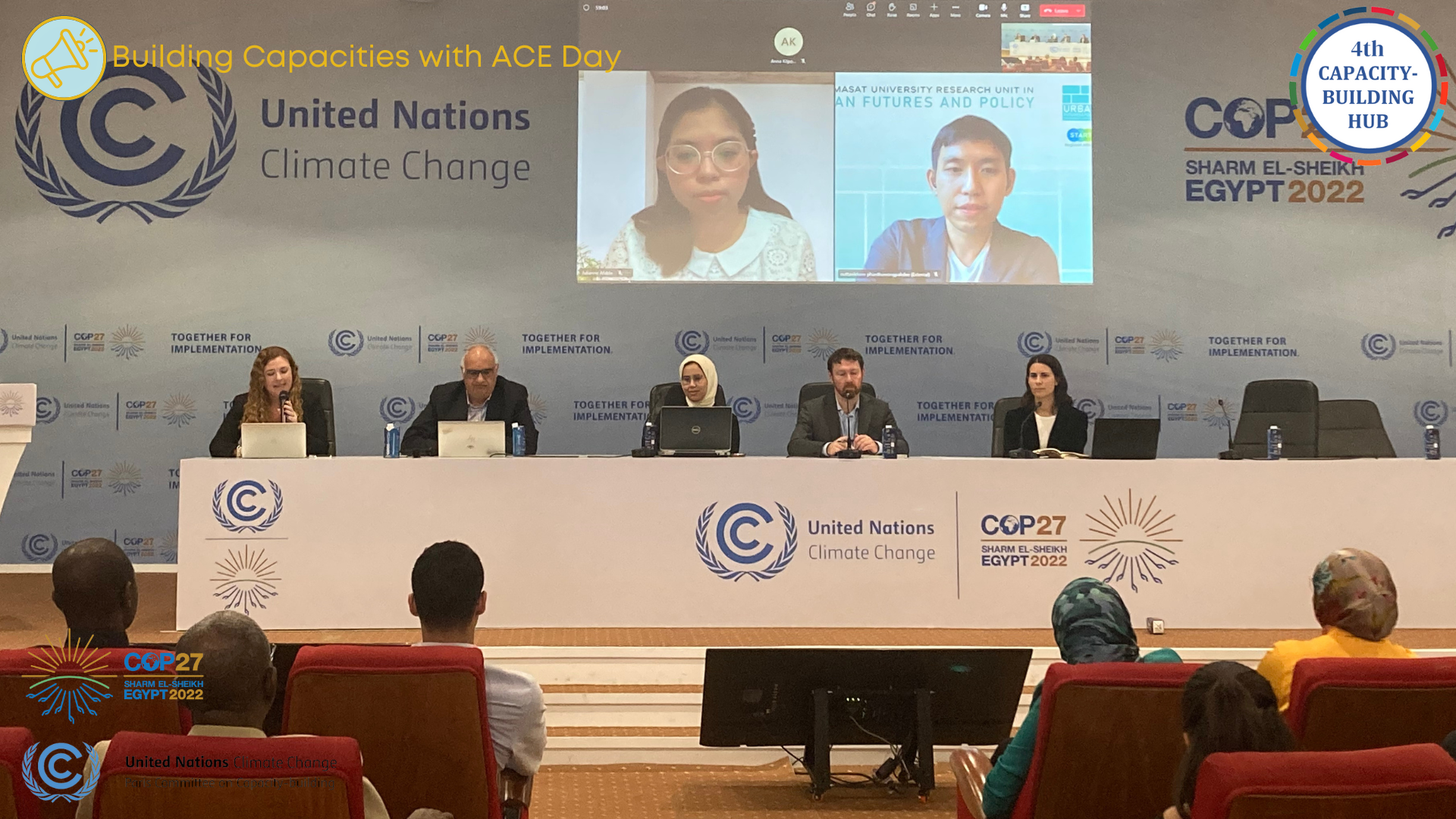
Two students from EPIC Asia notably contributed to the Asia Pacific Climate Week 2023 in Johor Bahru, Malaysia, a pivotal event aligned with COP28’s goals, focusing on regional climate action and sustainable development. Kissakorn Lertprasertsuk from Thammasat University’s Puey Ungphakorn School of Development Studies presented on ‘Investing in Locally-led Adaptation for Enhancing Resilience,’ in a session organized by ICLEI South Asia, emphasizing local-led adaptation strategies in Northern Thailand and the EPIC model’s role in driving sustainable community solutions.
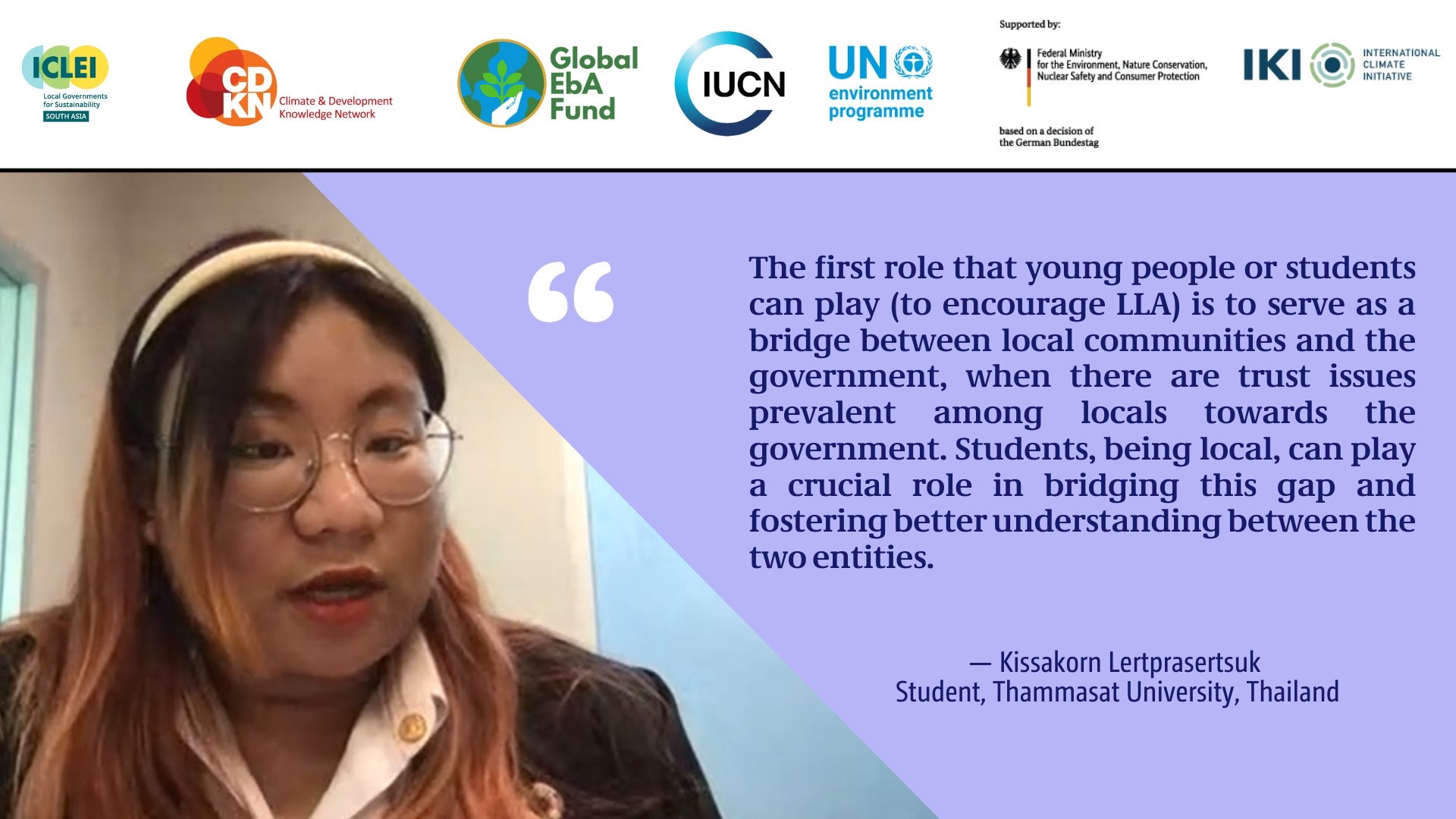
Simultaneously, Nur Sabriena binti Azahar from Universiti Kuala Lumpur spoke at the ‘Intergenerational Action to Strengthen Climate Resilience’ session, co-organized by the UN Environment Programme and EPIC-N Asia, where she shared insights on youth perspectives on climate change and intergenerational dialogue.
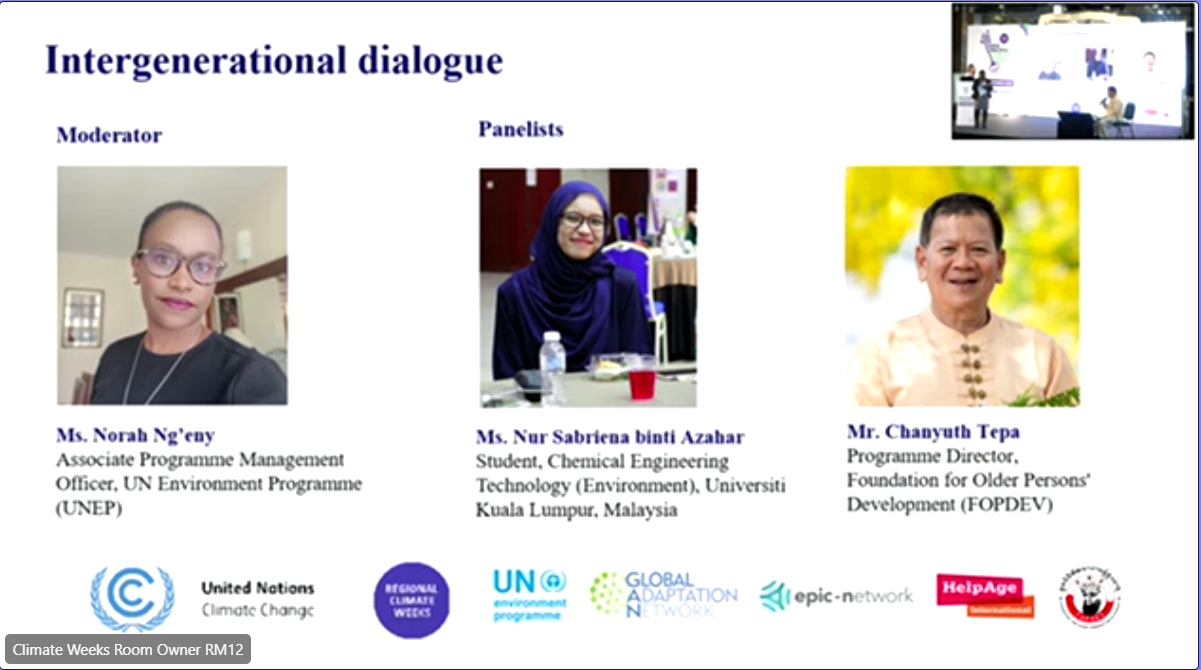
Additionally, students from Thammasat University, drawing on their experience from the EPIC partnership with Rangsit City Municipality, participated in UNESCAP’s 7th SEA Multi-Stakeholder Forum on implementing the SDGs. They discussed Climate Finance for Development and digital solutions for migration-related challenges.
EPIC-Asia Steering Committee
Joel Rogers
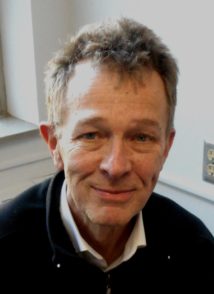
EPIC-N Chair and CEO
Director – High Road Strategy Center- University of Wisconsin-Madison
Joel is the Noam Chomsky Professor of Law, Public Affairs, and Sociology at the University of Wisconsin-Madison, where he also directs the Havens Wright Center for Social Justice and High Road Strategy Center. He has initiated and helped lead several progressive NGOs, including the Working Families Party, Economic Analysis and Research Network, Wisconsin Regional Training Partnership, Blue Green Alliance, Emerald Cities Collaborative, State Innovation Exchange, and EPIC-N. Joel has been identified by Newsweek as one of 100 Americans most likely to affect U.S. politics and culture in the 21st century.
Wijitbusaba (Ann) Marome

Director – Thammasat Urban Futures and Policy Research Unit
Ann is an Associate Professor of Urban Planning Development and Policy at the Faculty of Architecture and Urban Planning, Thammasat University, and heads the Thammasat Urban Futures and Policy Research Unit. Her expertise spans urban planning, climate change adaptation, and sustainable cities. Ann collaborates with partners in the US, the UK, Germany, Canada, Japan, and Southeast Asia to enhance urban capacities for future challenges. In Thailand, she works with government bodies like the Geo-Informatics and Space Technology Development Agency (GISTDA), the Community Organizations Development Institute (CODI), and the Department of Public Works and Town & Country Planning.
Jon Padgham

Executive Director- START
Jon is an Executive Director at START. He has led numerous science capacity development projects across Africa and Asia, significantly involving early career researchers. His work focuses on enhancing analytical skills for applying climate projections in adaptation planning, with a notable impact on understanding climate change adaptation in drylands and urban food systems. Jon’s expertise spans scientific writing, interdisciplinary science communication, and effective policy engagement. Since 2008, Jon has played a key role in the strategic planning and implementation of START work, including fellowships, research and assessment efforts, research grants programs, and science-policy dialogues in Africa and Asia.
Kay Phanthuwongpakdee
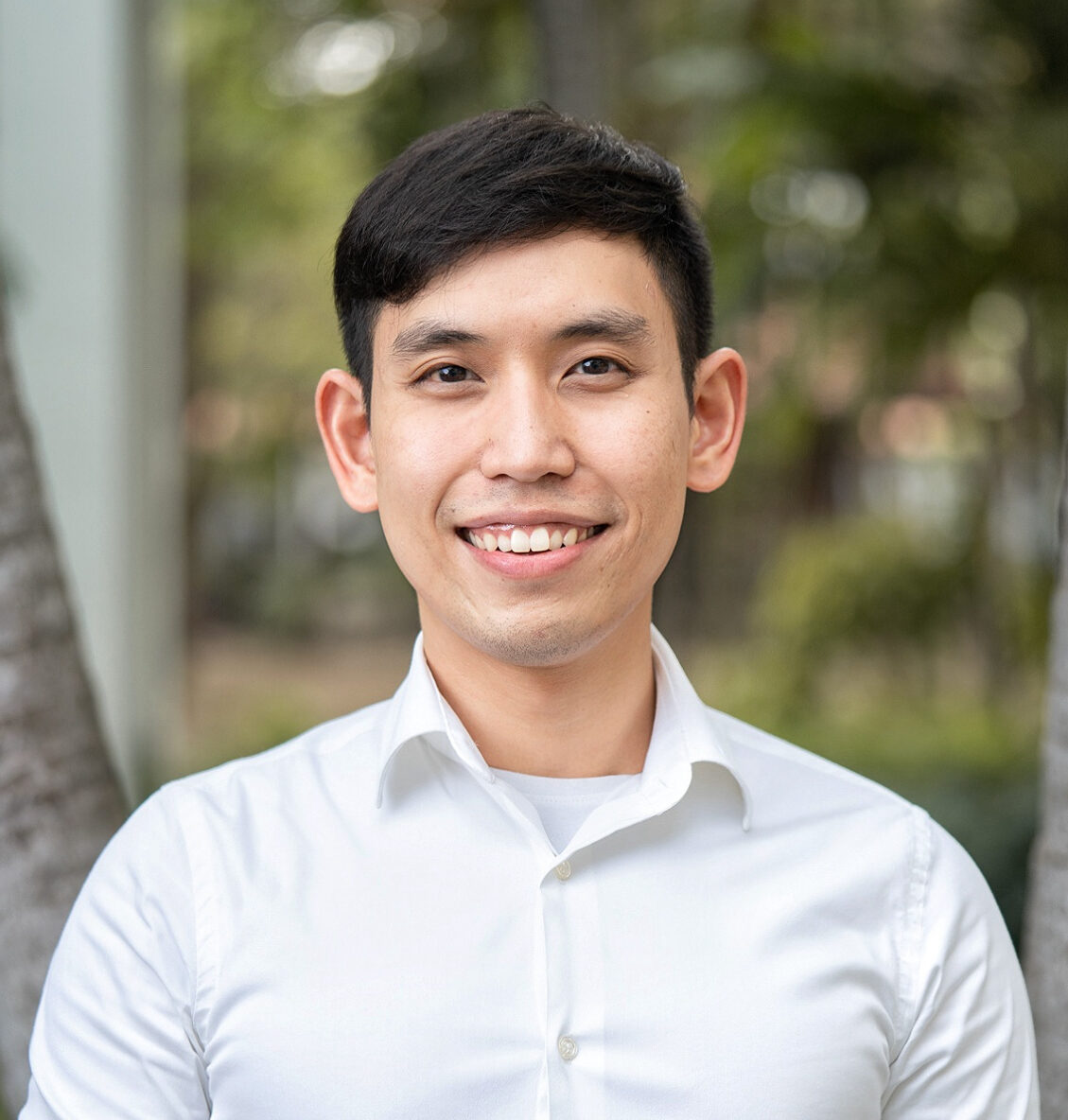
EPIC-N Asia Coordinator
Kay serves as the EPIC Asia coordinator, supporting the establishment and maintenance of EPIC programs in Asia. He is also a lecturer at the Puey Ungphakorn School of Development Studies, Thammasat University, a researcher at the Thammasat Urban Futures and Policy Research Unit, and deputy director of the Centre for SDG Research and Support. Kay is a passionate academic researcher with experience working with developing communities, policymakers, and private sector stakeholders in Thailand and Southeast Asia.
EPIC-Asia Programs
Benefitting from the support of the UNEP-GAN and the US National Science Foundation (NSF) through START, EPIC Asia initially established 11 active partnerships in Indonesia, Malaysia, Nepal, the Philippines, Thailand, and Vietnam. The EPIC Network has since shown significant growth and impact across Asia, following a deliberate growth strategy to ensure the deep integration of the EPIC Model in both educational and community activities.
EPIC-Asia members consist of the following:
Indonesia
- Politeknik Negeri Manado
- Universitas Indonesia
- Bandung Institute of Technology
Malaysia
Nepal
The Philippines
Thailand
- Thammasat University
- Urban Futures and Policy (EPIC-Asia Host)
- Puey Ungphakorn School of Development Studies
- Chiang Mai Rajabhat University
- Asian Institute of Technology
- Kasetsart University
- Rajamangala University of Technology Tawan-ok
Vietnam
- An Giang University
- Soc Trang Community College

EPIC-Asia Resources
- Mapping Inundation Areas for Sustainable Drainage and Waterlogging Management in Urban Areas of Long Xuyen City, An Giang Province, Vietnam’s Mekong Delta
- Zero-Waste towards a Sustainable Community
- Public Green Space GIS in Hat Yai Municipality
- Enhancing Disaster Preparedness of Lakeshore Communities in Calamba City, Laguna, Philippines
- The Water Quality Monitoring of Chiang Mai City Moat: The Proposed Solution for Sustainable Development
- Empowering Community Income Diversification through Sustainable Smart Farming by Academia Resources
- Empowering The Wet Market Waste Management Alor Gajah, Melaka, Malaysia
Events
Keep up-to-date with EPIC-N events, including conferences, webinars, workshops, and more, here.
News
Follow EPIC-N news, program updates, partnership stories, and more here.
This work © 2017 by EPIC-N is licensed under CC BY-NC-ND 4.0